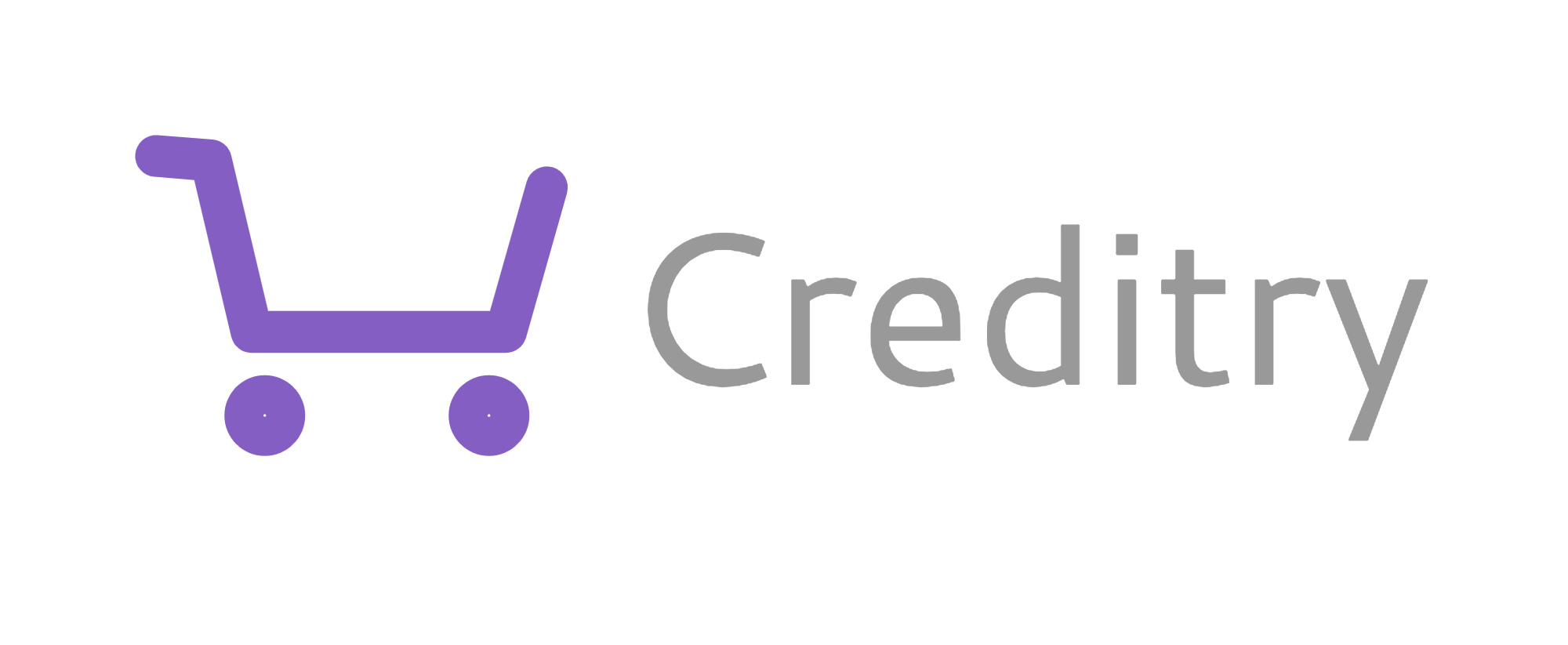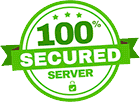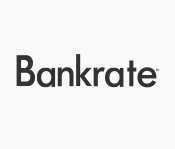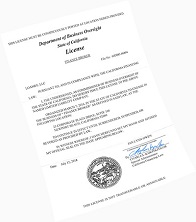What Is
Cash Out Refinancing?
As the name suggests, a Cash Out Refinance Loan (or “Cash Out Refi” for short) does two things: it allows you to refinance your existing mortgage, and it leaves you with extra cash “taken out” of your home’s equity. In other words, you refinance for more than you owe.
“Equity” is essentially the difference between your home’s current value and the amount you still owe on it (not counting interest or other charges). It’s the amount of your home you actually “own” at the moment, as opposed to the amount still “belonging” to the lender, expressed in terms of its total cash value. So, if your home is currently worth $200,000 and you own $150,000 on your mortgage, you have $50,000 in house equity. An equity refinance (yet another term you’ll hear used for a cash out mortgage) would allow you to (a) “reboot” the amount you still own on your home as if it were a brand new loan, and (b) take out 80% or 90% of your equity in cash to use for other things. The amount you borrow against your home’s equity is added to the new home loan amount and repaid on the same terms as part of the same total amount. The property being leveraged is still collateral for the loan, which helps to hold interest rates down but also means your house is at risk if for some reason you’re unable to make your payments at some point down the road.
This is not to be confused with traditional refinancing, in which the balance due on your mortgage is “rebooted” as if it were a new loan all by itself. Because no extra cash is pulled out with a traditional refinance, the resulting monthly payments are typically lower. (If they weren’t, it wouldn’t normally make sense to refinance in the first place.) A cash out refinance, however, can result in comparable or even higher monthly payments, depending on how much you still owe, how much cash is taken out, the costs of refinancing, and how current interest rates compare with rates when you took out the initial mortgage.
Cash out mortgage refinancing is also different from taking out a home equity line of credit (HELOC) or a home equity loan. While all three of these are options intended to allow you to take advantage of the equity you have in your home, the structures are different in important ways. Your cash out mortgage refinancing REPLACES your current house payment, and on different terms. A home equity loan uses your home equity as security on a completely new loan otherwise unrelated to your existing mortgage – it’s a NEW PAYMENT to make each month. A home equity line of credit is similar to a home equity loan, relying on your house equity to guarantee the funds borrowed. Instead of receiving a lump sum up front, however you are given a credit limit on which you can draw, similar to a credit card. The terms of repayment are different than a home equity loan (or any other typical loan), but like a home equity loan it’s an entirely new debt for which you’re responsible.
Most cash out refinance lenders require credit scores of ‘Fair’ or better (620+ is a common rule of thumb.) They’ll pay particularly close attention to your current debt-to-income ratio (DTI), which is exactly what it sounds like – your total debt (not just on your home) compared to your total income (from any documented source). A DTI of 50% or less is ideal. Finally, before you even shop mortgage lenders you should make sure you have enough house equity for a cash out refi to even be possible. You must have at least 20% equity in your home to be eligible to even be considered for equity refinance programs.
That said, don’t automatically assume you don’t qualify just because you don’t meet one or more of these guidelines. The proliferation of online lenders and creative financial structures made possible by the lower overhead and universal reach of the internet means there are options which were unthinkable for your parents’ generation. There are even lenders who specialize in bad credit mortgage loans and other credit-building or credit-rebuilding situations. If you think your best way forward is cash out refinance bad credit doesn’t necessarily have to stop you. It may not be easy, but that doesn’t mean it’s impossible. And you don’t have to figure it all out alone. As it turns out, connecting borrowers to appropriate lenders is a big part of what we do.














